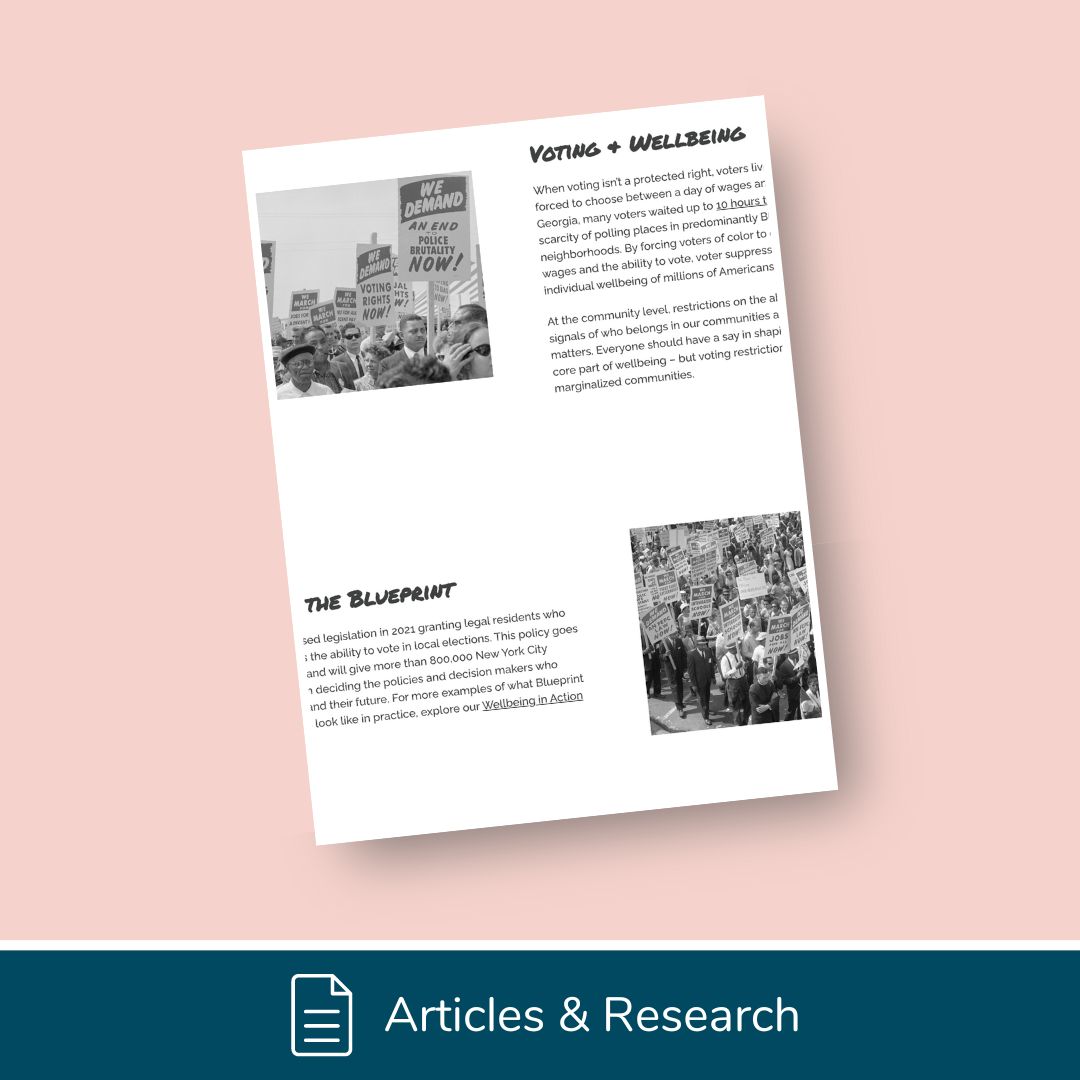
In 2021, 19 states passed more than 34 laws limiting the right to vote. These laws disproportionately impact Black and brown voters, as well as students, voters with disabilities and formerly incarcerated people. These laws also threaten to exacerbate existing disparities in access to the ballot box – and to wellbeing.
Recommendation 1.3.1 of the Wellbeing Blueprint urges individuals, organizations and communities to recognize and support people’s right and ability to vote. The ability to exert influence over one’s environment is a core aspect of wellbeing, and voting is a crucial pathway to it. Systemic voter disenfranchisement is a threat to anti-racist and anti-poverty efforts that increase access to wellbeing for all.
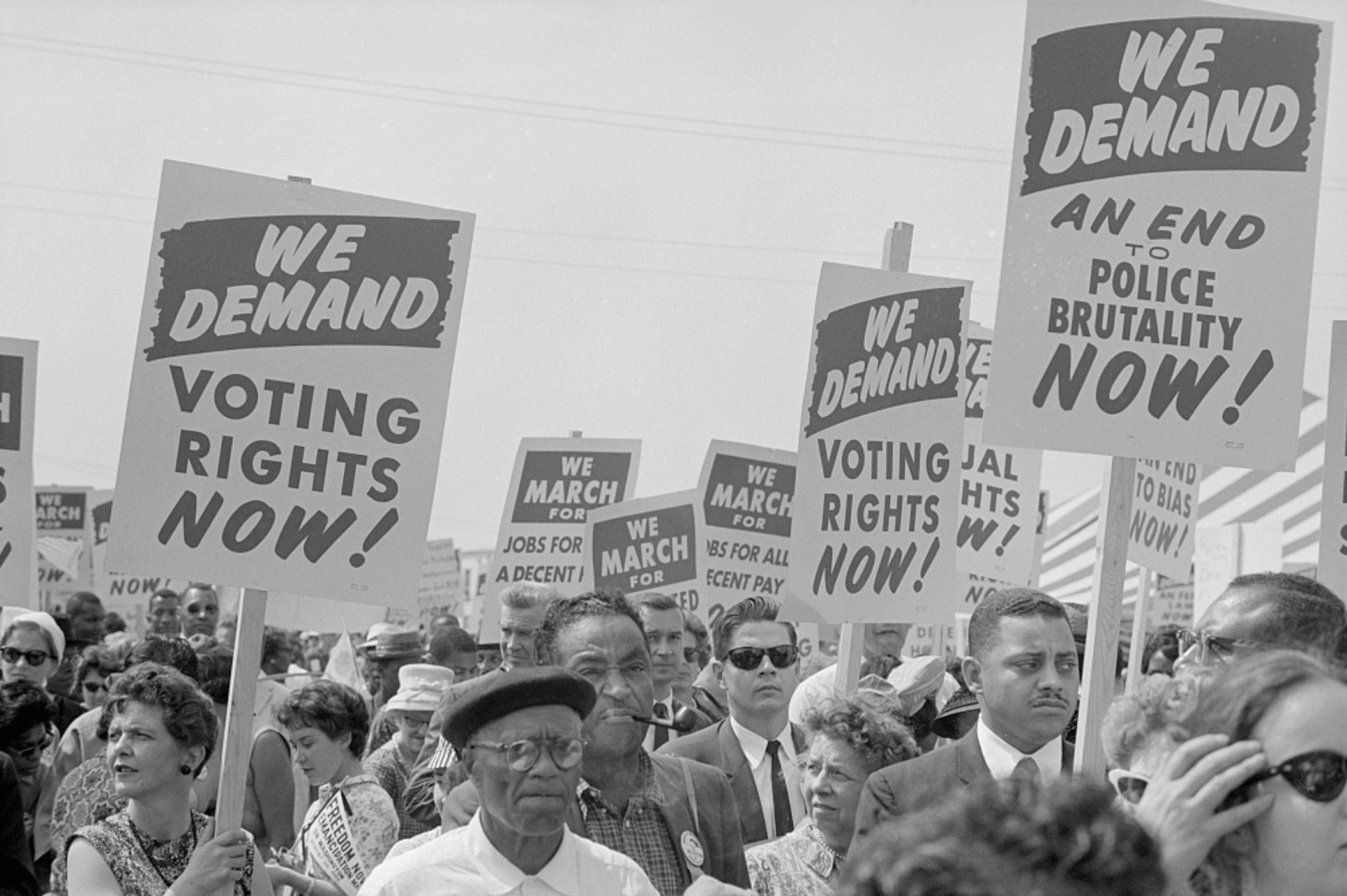
When voting isn’t a protected right, voters living on the edge are often forced to choose between a day of wages and casting a ballot. In Georgia, many voters waited up to 10 hours to vote in 2020 due to the scarcity of polling places in predominantly Black and brown neighborhoods. By forcing voters of color to choose between a day of wages and the ability to vote, voter suppression efforts threaten the individual wellbeing of millions of Americans.
At the community level, restrictions on the ability to vote send powerful signals of who belongs in our communities and whose voice really matters. Everyone should have a say in shaping their environment – a core part of wellbeing – but voting restrictions exclude many marginalized communities.
New York City passed legislation in 2021 granting legal residents who are not yet citizens the ability to vote in local elections. This policy goes into effect in 2023 and will give more than 800,000 New York City residents a voice in deciding the policies and decision makers who impact their lives and their future. For more examples of what Blueprint recommendations look like in practice, explore our Wellbeing in Action geo-map.
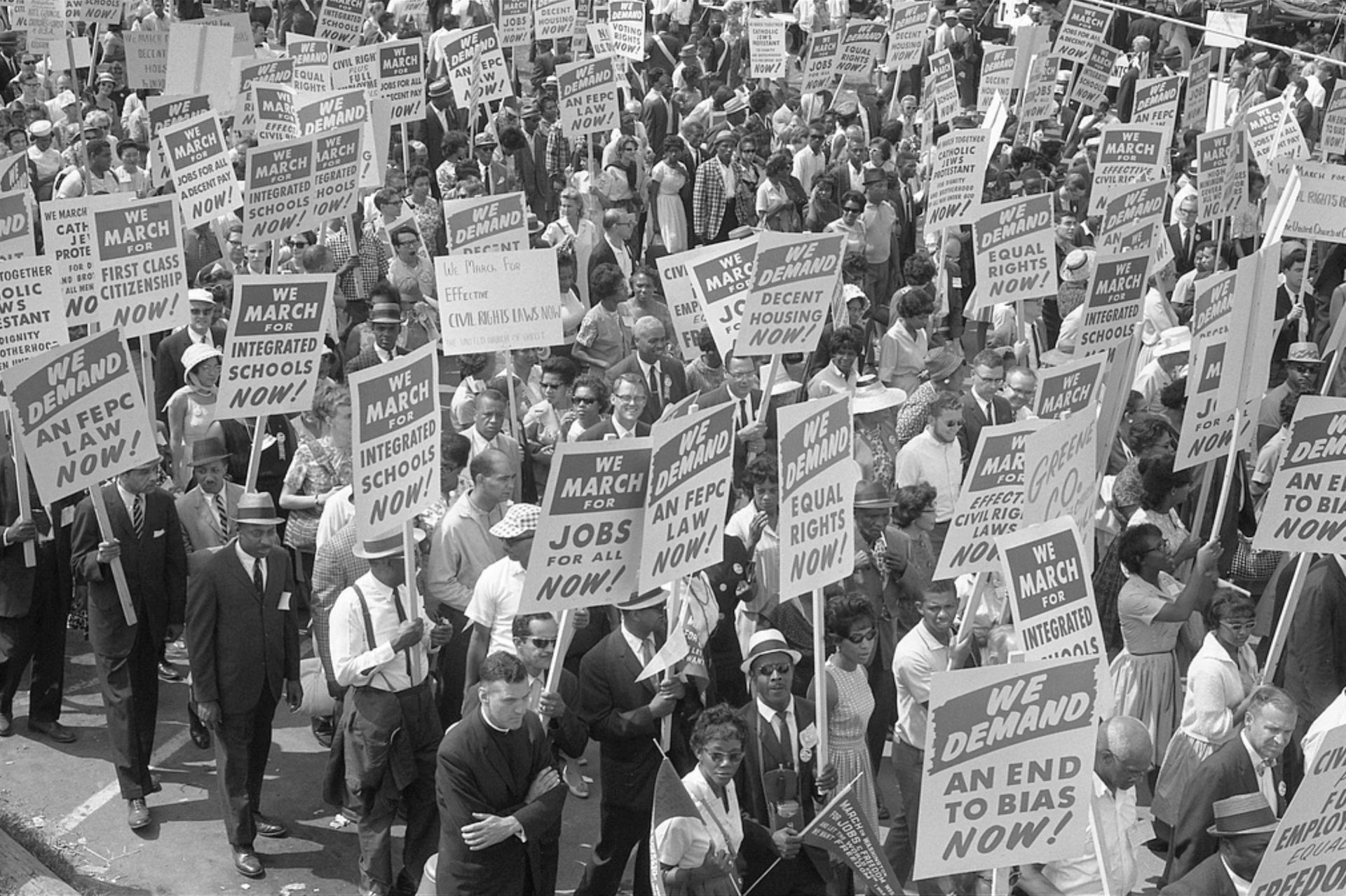
With many important elections on the horizon, it’s important that we stand up for voting rights. Here’s how you can help:
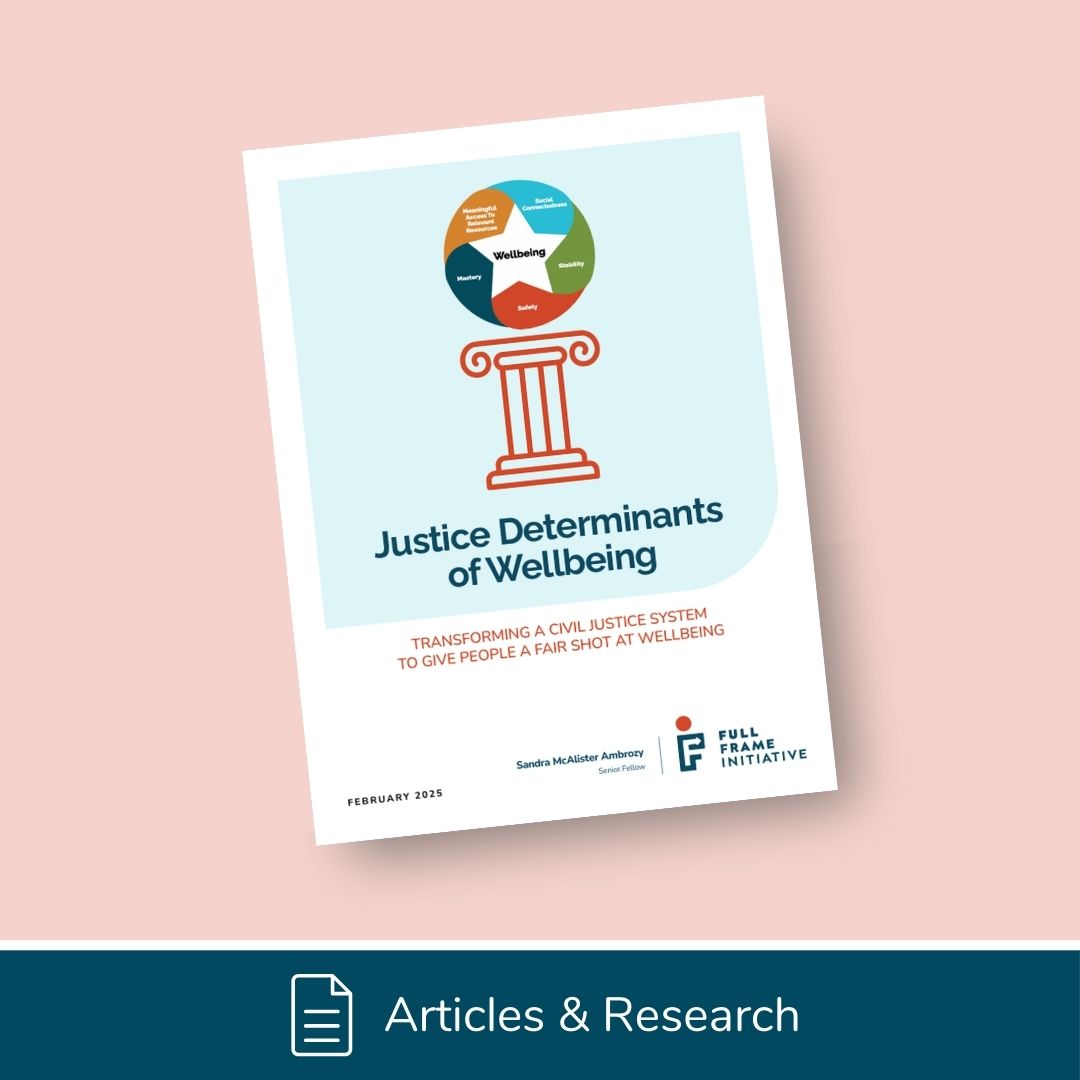
What would it look like to transform the civil legal system so it eliminates inequities instead of amplifying them? The Justice Determinants of Wellbeing outlines concrete changes that will push the civil legal system to a civic justice system rooted in wellbeing.
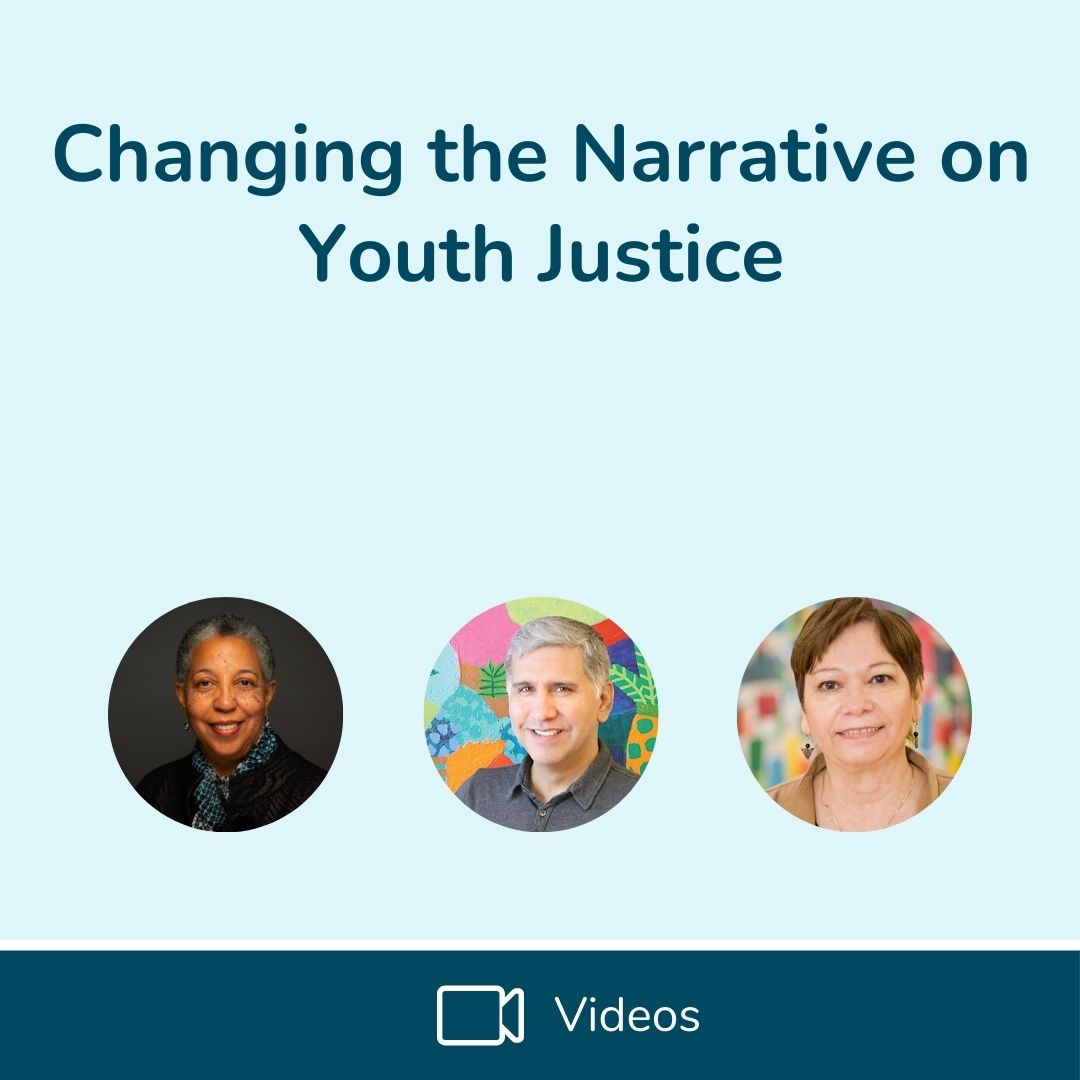
In early 2024, FFI Senior Fellow Phyllis Becker was joined by Henry A.J. Ramos and Gladys Carrión, two leaders who are transforming both the narratives that shape perceptions of crime and the systemic responses. Tune into their conversation as they shift the narrative on youth justice to highlight solutions that center wellbeing.
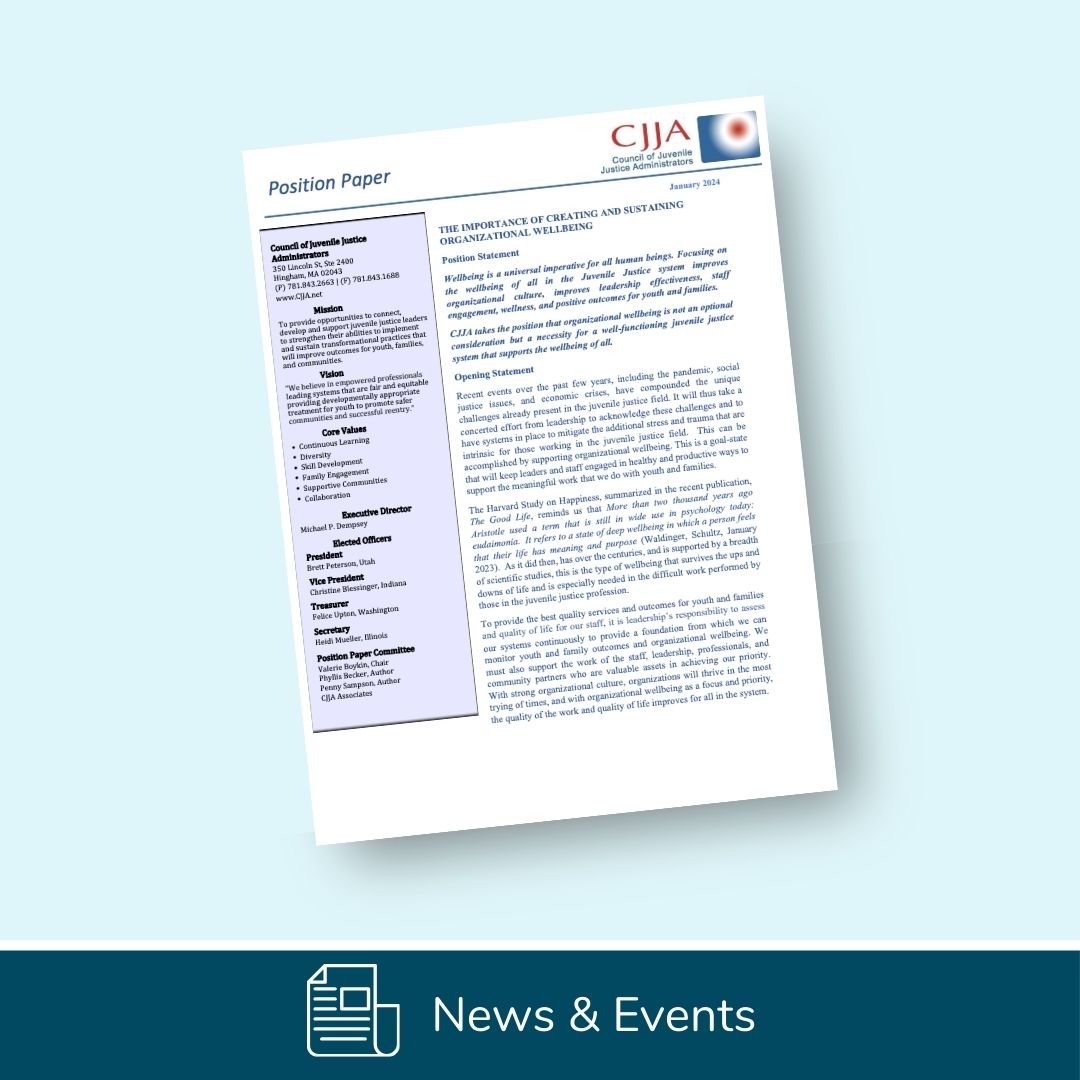
FFI Senior Fellow Phyllis Becker contributes as co-author in a recent position paper from the Council for Juvenile Justice Administrators about how to apply to a wellbeing framework to juvenile justice.